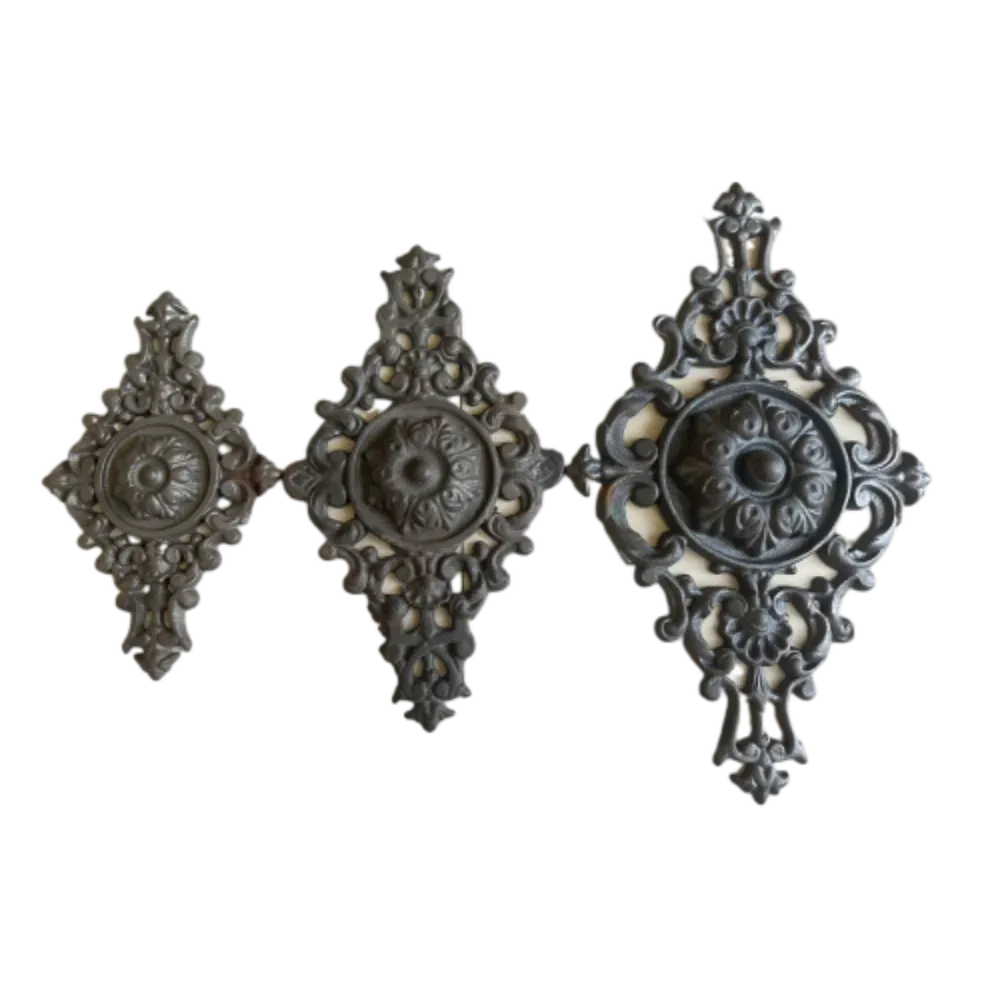types of sliding door rollers
Types of Sliding Door Rollers
Sliding doors are a popular architectural feature in both residential and commercial spaces. They provide a stylish and space-saving alternative to traditional hinged doors. Central to the functionality and performance of sliding doors are the rollers. These components enable smooth movement along the track, ensuring the door opens and closes with ease. Understanding the different types of sliding door rollers can help homeowners and builders choose the right option for their needs. This article explores the various types of sliding door rollers and their unique characteristics.
1. Ball Bearing Rollers
Ball bearing rollers are among the most common types used in sliding doors. They consist of small metal balls housed in a circular casing, which reduces friction and allows for smoother movement. Ball bearing rollers are ideal for heavy doors, as they can support significant weight while providing effortless sliding. Their durable construction ensures longevity, making them a favorite for residential and commercial sliding doors. However, proper maintenance, including occasional lubrication, is necessary to keep them functioning optimally.
2. Plastic Rollers
Plastic rollers are lightweight and offer a cost-effective alternative to metal rollers. These types of rollers are commonly found in interior sliding doors or lightweight exterior doors. They are resistant to rust and corrosion, which makes them suitable for humid environments. However, plastic rollers may wear out faster than their metal counterparts, particularly under heavy loads. Regular inspection and replacement are key to ensuring their continued performance. Despite their limitations, they are a great option for budget-friendly projects.
Heavy-duty rollers are designed for sliding doors that experience frequent use and are subjected to substantial weight. These rollers are typically made from robust materials such as stainless steel, enabling them to handle larger and heavier doors without compromising performance. Heavy-duty rollers often feature advanced engineering designs, including higher load capacities and enhanced tracking systems to minimize wear and tear. These rollers are ideal for commercial spaces, such as warehouses and storefronts, where durability is crucial.
4. Ball Bearing U-Track Rollers
types of sliding door rollers

U-track rollers utilize a U-shaped track that accommodates ball bearings for smooth operation. This design provides stability and ease of use, making them suitable for heavy sliding doors, including patio doors and large glass panels. The integration of ball bearings within the U-track allows for effective weight distribution, which reduces the risk of misalignment. U-track rollers are particularly advantageous for outdoor applications, as they can withstand various weather conditions.
5. Top-Mount Rollers
Top-mount rollers are mounted at the top of the sliding door, providing a different approach compared to bottom-mounted options. These rollers are beneficial for spaces where the floor track may pose a challenge, such as areas with uneven flooring or potential obstructions. Top-mount systems allow for a more streamlined appearance, as they eliminate the need for a visible track at the bottom of the door. They are often used in modern designs and minimalist aesthetics.
6. Pocket Door Rollers
Pocket door rollers are specialized components designed for pocket doors, which slide into the wall instead of opening outward. These rollers typically feature a unique mechanism that allows for seamless operation within the wall cavity. Pocket door rollers must be precise and reliable, as improper installation can lead to significant operational issues. Choosing the right pocket door roller is crucial for ensuring a smooth and unobtrusive opening experience.
7. Adjustable Rollers
Adjustable rollers offer the flexibility to modify the height of the sliding door after installation. This feature is particularly useful when dealing with doors that may sag or shift over time. Adjustable rollers typically have a simple mechanism that allows homeowners or maintenance personnel to easily adjust the door's position, ensuring it continues to operate smoothly regardless of wear and tear.
Conclusion
Choosing the right type of sliding door roller is essential for achieving optimal performance and longevity of sliding doors. Whether you opt for ball bearing rollers for their durability, plastic rollers for their cost-effectiveness, or heavy-duty rollers for high-traffic applications, understanding the unique qualities of each type will help you make an informed decision. Proper installation and regular maintenance are also key factors that contribute to the overall functionality and lifespan of sliding door systems. So, before selecting the right roller, consider the specific requirements of your sliding doors to ensure a flawless operation.
-
Wrought Iron Components: Timeless Elegance and Structural StrengthNewsJul.28,2025
-
Window Hardware Essentials: Rollers, Handles, and Locking SolutionsNewsJul.28,2025
-
Small Agricultural Processing Machines: Corn Threshers, Cassava Chippers, Grain Peelers & Chaff CuttersNewsJul.28,2025
-
Sliding Rollers: Smooth, Silent, and Built to LastNewsJul.28,2025
-
Cast Iron Stoves: Timeless Heating with Modern EfficiencyNewsJul.28,2025
-
Cast Iron Pipe and Fitting: Durable, Fire-Resistant Solutions for Plumbing and DrainageNewsJul.28,2025
-
 Wrought Iron Components: Timeless Elegance and Structural StrengthJul-28-2025Wrought Iron Components: Timeless Elegance and Structural Strength
Wrought Iron Components: Timeless Elegance and Structural StrengthJul-28-2025Wrought Iron Components: Timeless Elegance and Structural Strength -
 Window Hardware Essentials: Rollers, Handles, and Locking SolutionsJul-28-2025Window Hardware Essentials: Rollers, Handles, and Locking Solutions
Window Hardware Essentials: Rollers, Handles, and Locking SolutionsJul-28-2025Window Hardware Essentials: Rollers, Handles, and Locking Solutions -
 Small Agricultural Processing Machines: Corn Threshers, Cassava Chippers, Grain Peelers & Chaff CuttersJul-28-2025Small Agricultural Processing Machines: Corn Threshers, Cassava Chippers, Grain Peelers & Chaff Cutters
Small Agricultural Processing Machines: Corn Threshers, Cassava Chippers, Grain Peelers & Chaff CuttersJul-28-2025Small Agricultural Processing Machines: Corn Threshers, Cassava Chippers, Grain Peelers & Chaff Cutters












